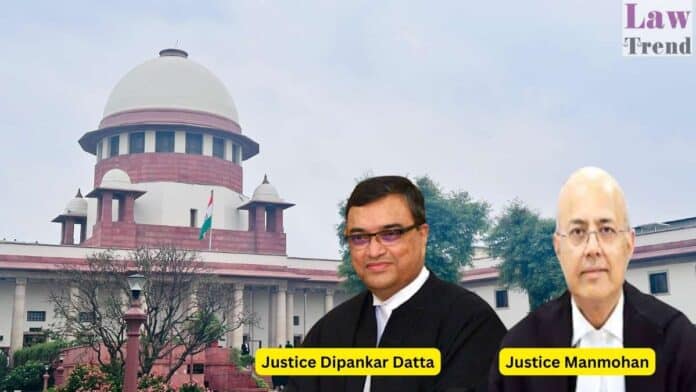The Supreme Court of India on Monday expressed “serious doubts” about the correctness of its 2014 Constitution Bench judgment in Pramati Educational and Cultural Trust v. Union of India, which granted a blanket exemption to all minority educational institutions from the provisions of the Right of Children to Free and Compulsory Education Act, 2009 (RTE
To Read More Please Subscribe to VIP Membership for Unlimited Access to All the Articles, Download Available Copies of Judgments/Order, Acess to Central/State Bare Acts, Advertisement Free Content, Access to More than 4000 Legal Drafts( Readymade Editable Formats of Suits, Petitions, Writs, Legal Notices, Divorce Petitions, 138 Notices, Bail Applications etc.) in Hindi and English.




